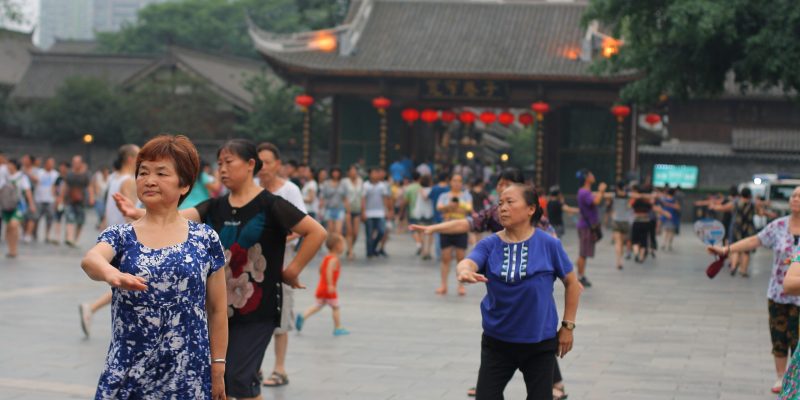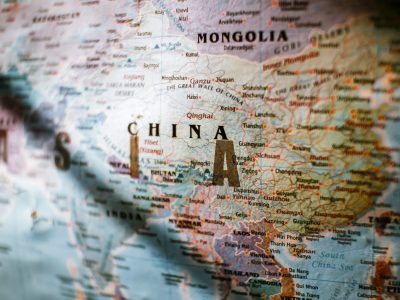
In a historic policy shift, China has announced its first increase in the retirement age since 1978, aiming to address its shrinking labor force and aging population.
Endorsed by top lawmakers, the new regulations will gradually extend the retirement age for both men and women, allowing employees to work longer.
This change comes amid China’s slowest economic growth in five quarters, heightening the scrutiny of policymakers’ decisions.
Phased approach to retirement age extension
Starting in January, China will implement a phased approach to raising the retirement age over the next 15 years.
Men will now retire at 63, up from 60, while women will retire at 55, an increase from the current 50 for ordinary workers.
Women in management roles will retire at 58, up from 55.
This extension aims to boost productivity and address the economic strains of a rapidly aging population.
Despite the potential benefits, the policy risks amplifying public dissatisfaction.
Workers already facing economic challenges may view the prospect of working longer as an additional burden.
Surge in health and elderly care stocks
Following the announcement, shares in health and elderly care companies surged.
Shanghai Everjoy Health Group Co. hit the daily limit with a 10% increase, while Chalkis Health Industry Co. and Youngy Health Co. saw gains of over 6%.
This market response reflects anticipated increased demand for healthcare services as more people work into older age, potentially boosting the need for eldercare facilities and health services.
Source: Bloomberg
Widening China’s tax base
China’s current retirement age is among the lowest globally, despite rising life expectancy.
The new policy aims to “adapt to demographic changes and fully utilize human resources,” according to the National People’s Congress.
By delaying retirement, the government hopes to broaden the tax base and delay pension payouts, easing financial pressures associated with a growing elderly population.
Starting in 2030, the minimum contribution period for pension accounts will increase from 15 to 20 years.
This change reflects the government’s strategy to ensure the sustainability of the pension system amid a shrinking working-age population.
China’s aging population
China’s demographic landscape is rapidly evolving.
A report by state broadcaster CCTV forecasts that people aged 65 and older will comprise 30% of the population by 2035, up from 14.2% in 2021.
Despite efforts to boost birth rates, the rate remains at a historic low.
The decision to raise the retirement age is seen as a critical response to the challenges posed by an aging society and the legacy of the one-child policy, which has led to a generation responsible for supporting a large elderly population.
The decision to extend the retirement age has sparked considerable public discontent, particularly on social media platforms like Weibo.
Many users express frustration over competing with younger generations for jobs and potential age discrimination.
Authorities have acknowledged these concerns. Li Zhong, Vice Minister at the Ministry of Human Resources and Social Security, noted that the gradual implementation of the changes aims to mitigate the impact on youth employment.
As China navigates this significant policy shift, balancing the economic benefits of an extended workforce with the social implications will be crucial.
The success of these reforms will depend on how effectively they address the dual challenges of an aging population and a competitive job market.
The post China to raise retirement age for first time since 1978, sparking public outcry appeared first on Invezz









